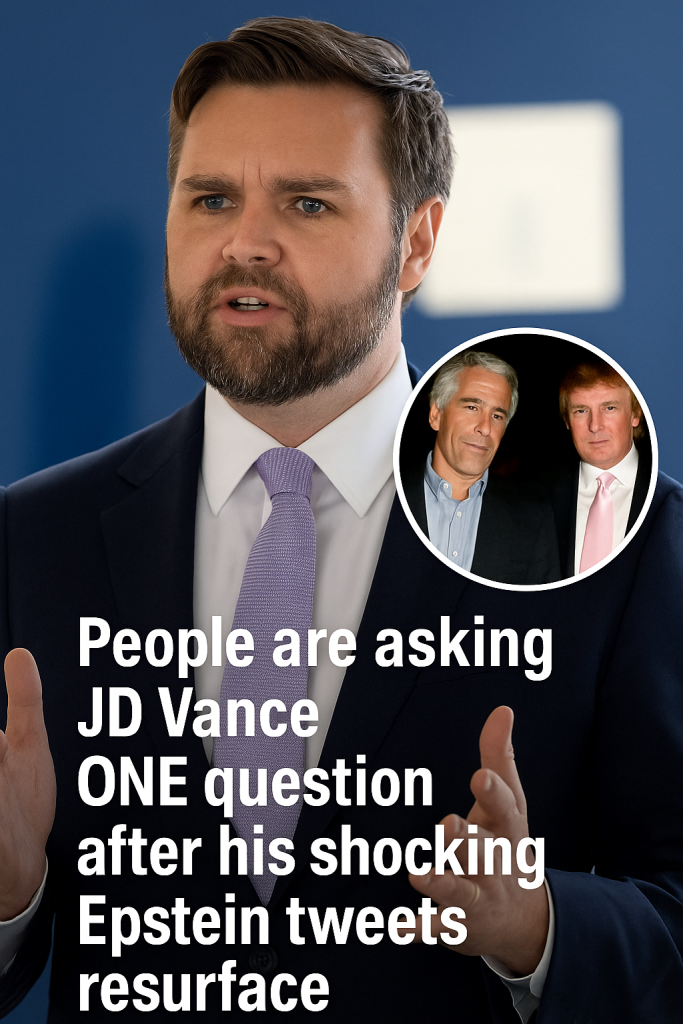JD Vance, the prominent Senate candidate, has found himself at the center of a heated controversy after a series of his tweets about Jeffrey Epstein resurfaced, drawing significant public backlash and questions about his past statements. The timing of the revelation is particularly sensitive, occurring amid a fiercely contested election cycle in 2024.
Vance, known for his 2016 bestselling memoir and his political ambitions in Ohio, made headlines when old tweets referencing Epstein began circulating widely on social media. The tweets, which were originally posted several years ago, contained provocative commentary about the Epstein case that many are now calling “tone deaf” and “disturbing.”
Public reaction has been swift and overwhelmingly negative. Many social media users and political analysts have expressed shock and disappointment, questioning Vance’s judgment and sensitivity given the gravity of the Epstein scandal and its impact on survivors. The phrase “This didn’t age well” has trended in response, highlighting the deep disconnect between Vance’s past comments and current public expectations for accountability and empathy.
One of the most scrutinized tweets implied skepticism towards Epstein’s victim narratives and questioned the details surrounding his death, stoking conspiracy theories and undermining the broader discourse about justice for victims of sex trafficking. Critics argue that such remarks are not only inappropriate but also dismissive of the very real pain caused by Epstein’s criminal activities.
Supporters of Vance have attempted to contextualize or dismiss the tweets as outdated opinions expressed before his full immersion into public life and politics. However, political opponents see this as a damaging revelation that challenges Vance’s credibility and suitability for office, especially on issues related to justice and social responsibility.
The controversy raises broader questions about the impact of historical social media activity on modern political figures. As the 2024 elections approach, voters are increasingly attentive to a candidate’s entire digital footprint, particularly on sensitive topics like sexual exploitation and abuse. Vance’s Epstein tweets, resurfacing at a critical juncture, underscore how past online behavior can haunt politicians and influence public perception.
In response to the uproar, Vance has issued a brief statement acknowledging that his earlier comments were made in a different context and reaffirming his commitment to supporting survivors of abuse and trafficking. However, many critics argue this response lacks sufficient contrition or detail to fully address the concerns raised by the tweets.
As the debate continues, it remains to be seen whether these revelations will materially affect Vance’s campaign prospects or if the story will fade as the political spotlight shifts. What is clear is that in the era of digital permanence, political candidates are facing unprecedented scrutiny over their past remarks, shaping the landscape of accountability in American politics.
The JD Vance Epstein tweet controversy offers a cautionary tale—a reminder that what is said online years ago can resurface with profound consequences, especially when related to highly sensitive and tragic subjects. For now, both supporters and critics are watching closely to see how Vance navigates this storm and whether he can rebuild trust amid rising skepticism.



